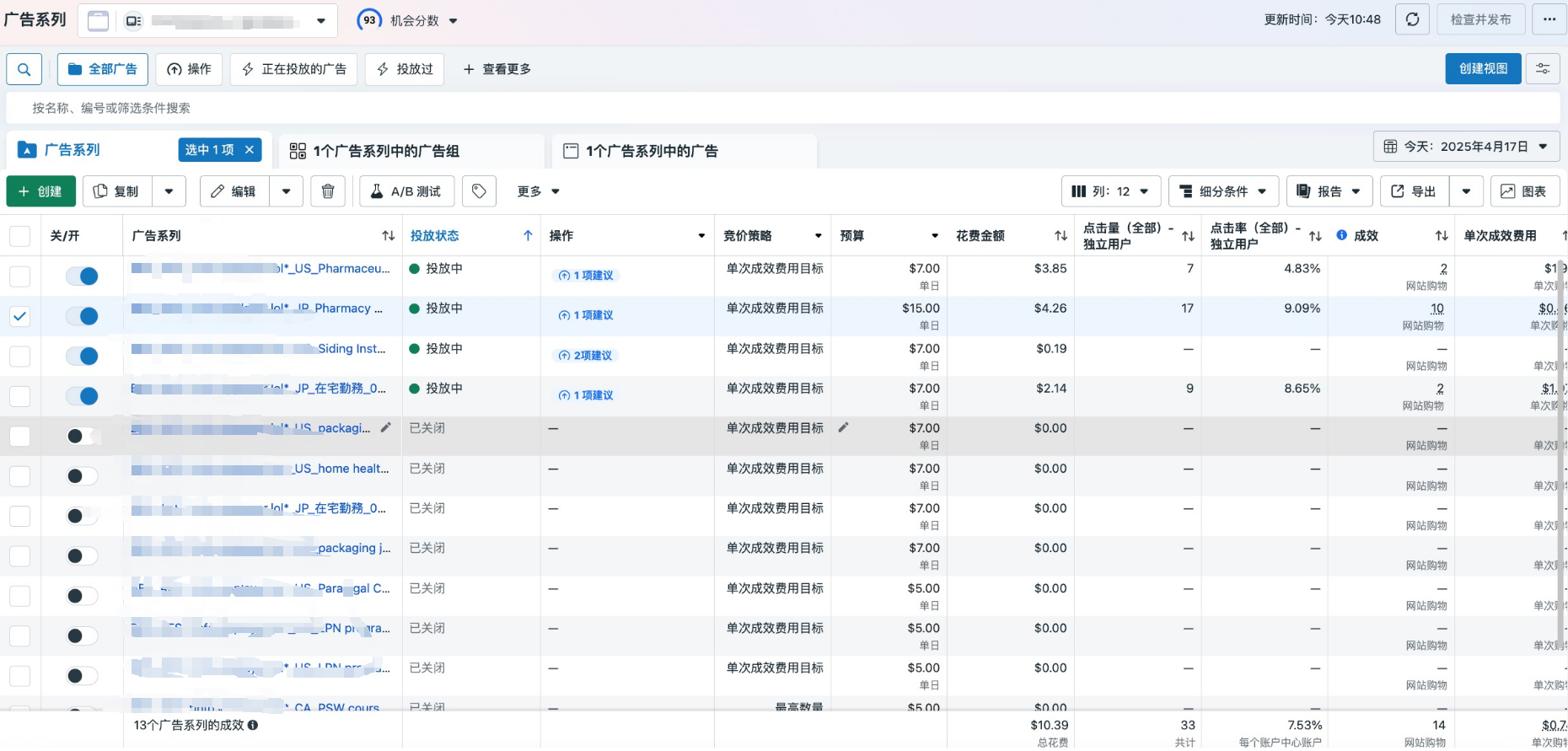
Career Prospects for a Master’s in Artificial Intelligence: Transitioning from Academia to Industry
With the rapid advancement of Artificial Intelligence (AI), a master’s degree in AI has become a valuable asset for professionals seeking careers in both academia and industry. Whether you aim to contribute to cutting-edge research or apply AI solutions in real-world business scenarios, understanding the career landscape is essential. This guide explores potential career paths, key skills, and strategies for transitioning from academia to industry.

1. Career Paths with a Master’s in AI
Academia & Research
For those interested in deep research, pursuing a PhD after a master’s degree can open doors to:
- University professor: Teaching and conducting research in AI-related fields.
- Research scientist: Working in government labs, universities, or think tanks to develop new AI theories and technologies.
- AI policy and ethics researcher: Focusing on the ethical implications and regulatory frameworks of AI.
Industry & Applied AI
Many AI graduates move directly into the workforce, taking on roles such as:
- Machine Learning Engineer: Developing and deploying AI models for automation, recommendation systems, or fraud detection.
- Data Scientist: Using AI to analyze big data and generate business insights.
- AI Product Manager: Managing AI-driven products and coordinating cross-functional teams.
- Computer Vision Engineer: Applying AI to image recognition, facial recognition, or medical imaging.
- Natural Language Processing (NLP) Engineer: Developing chatbots, speech recognition, and translation models.
Entrepreneurship & Startups
AI has created opportunities for innovation, and many graduates:
- Launch AI-driven startups in sectors like fintech, healthcare, and robotics.
- Develop AI tools for automation, cybersecurity, and personalized content.
2. Key Skills for Transitioning from Academia to Industry
Academia focuses heavily on theoretical knowledge, while industry requires practical skills. To bridge this gap, AI graduates should develop:
- Programming Skills: Python, TensorFlow, PyTorch, and SQL.
- AI Model Deployment: Experience with cloud platforms (AWS, Google Cloud, Azure) and frameworks like Docker & Kubernetes.
- Business & Communication Skills: Understanding industry needs and effectively explaining AI solutions.
- Teamwork & Collaboration: Unlike solo research projects, industry work requires cross-functional collaboration.
3. How to Make the Transition from Academia to Industry
- Gain Industry Experience: Internships, freelance projects, or Kaggle competitions help demonstrate practical skills.
- Build a Strong Portfolio: Showcase projects on GitHub or a personal blog.
- Network with AI Professionals: Join LinkedIn groups, attend AI conferences like NeurIPS, CVPR, and ICML.
- Stay Updated: AI evolves rapidly—continuous learning is key! Follow AI trends via ArXiv, Medium, or OpenAI blogs.

With AI revolutionizing multiple industries, a Master’s in AI offers a wealth of career opportunities. Whether pursuing academic research, industry roles, or entrepreneurship, leveraging both technical expertise and practical skills is crucial for success.







